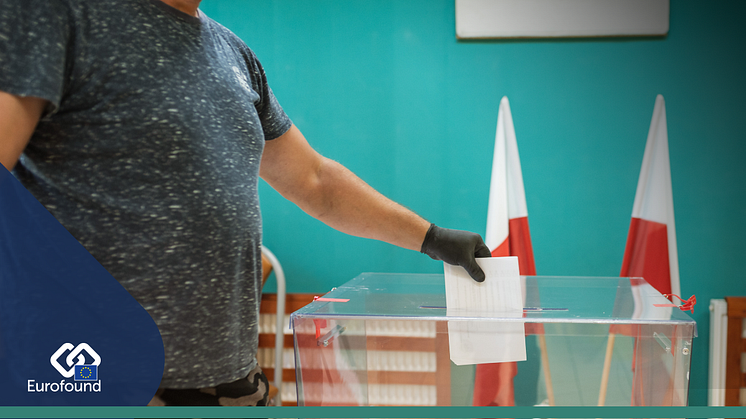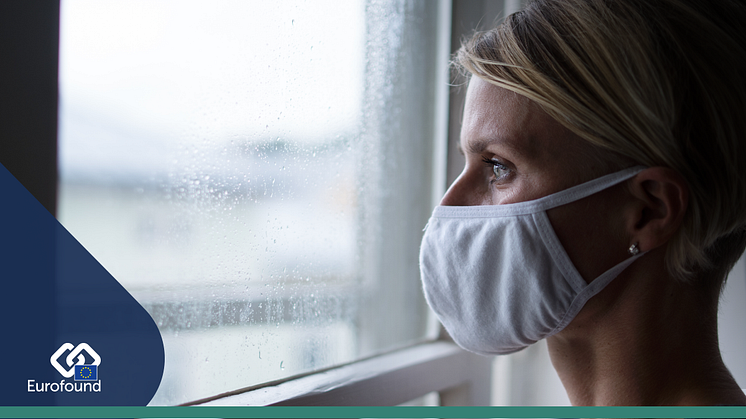
News -
Almost three quarter of people in Croatia are struggling financially during COVID-19 pandemic, but minimum wage increases slightly
74% of people in Croatia report difficulties making ends meet, according to Eurofound’s large-scale Living, working and COVID-19 online survey. This is the highest figure among EU Member States, where the average in spring 2021 was 45.1%. For Croatia, this number remained consistently high throughout the COVID-19 pandemic with 73.5% in April 2020 and 75% during summer 2020 reporting a difficult personal financial situation.
The third round of the unique pan-EU survey was fielded in February and March 2021 and the analysis provided in the report and background data for the latest round is based on a sample of 46,800 responses, and an overall sample of 138,629 across all three rounds. It sheds light on the social and economic situation of people across Europe following nearly a full year of living with COVID-19 restrictions.
Despite the comparatively high level of difficulties to make ends meet, respondents from Croatia report significantly lower pessimism about their financial future than in summer 2020. In fact, the proportion of those expressing the view that their financial situation will get worse in the future decreased from 50.8% at the onset of the pandemic to 32.1% this spring. Similarly, agreement with the statement that their financial situation had worsened over the past three months decreased from 46.8% to 36.4% over the same period in Croatia.
At the same time, Eurofound’s latest report Minimum wages in 2021: Annual review finds that Croatia increased its national minimum wage by 3.1% between 2020 and 2021. As such, the country forms part of a cohort of newer EU Member States, where larger increases in minimum wages took place in 2020. This relates particularly to some of the eastern European countries characterised by relatively low levels, such as Poland, Slovakia, Czechia, Bulgaria and Lithuania. This narrowed the spread in minimum wage rates across EU countries, which in turn is part of the larger process of convergence in minimum wages in the EU over the past decade.
Eurofound’s Working Life highlights for Croatia states that due to the generous state support for the economy, unemployment rates did not increase as expected, but GDP decreased significantly during the COVID-19 pandemic. Social partners expressed dissatisfaction that they were not included in the design of the measures and that in some cases the measures did not go far enough.
Further information
- Report: Living, working and COVID-19 (Update April 2021): Mental health and trust decline across EU as pandemic enters another year
- Data: Living, working and COVID-19
- Report: Minimum wages in 2021: Annual review
- Database: COVID-19 EU PolicyWatch - Croatia
- Country: Croatia
- Working paper: Croatia: Working life in the COVID-19 pandemic 2020



